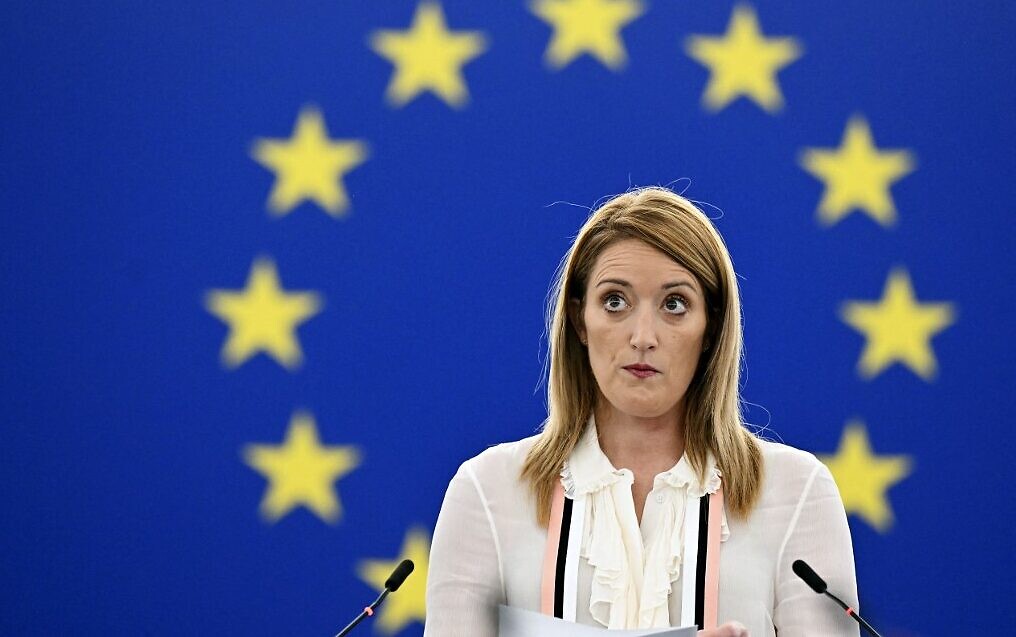
PSG, acquired by Qatar Sports Investments (QSI) in 2011, has transformed into a footballing powerhouse, attracting global stars such as Lionel Messi, Neymar, and Kylian Mbappé. This influx of talent has significantly boosted the club's domestic and international performance, but it has also led to concerns about the competitive balance within Ligue 1. Critics argue that PSG's financial clout, backed by Qatari resources, creates an uneven playing field, disadvantaging smaller clubs.
The financial disparity is evident in PSG's ability to outspend other Ligue 1 clubs. This has led to calls for stricter financial regulations to ensure fair competition. Critics highlight that the financial might of PSG, underpinned by Qatari wealth, is not reflective of the financial realities of most French clubs. The dominance of PSG in domestic competitions, winning multiple league titles and cups, is seen as undermining the competitive spirit of the league.
Beyond financial concerns, the influence of Qatar in French football raises questions about the motivations behind such investments. Some observers suggest that Qatar's involvement in sports, including football, is part of a broader strategy to enhance its global image and soft power. This approach, often referred to as "sportswashing," aims to use sports investments to divert attention from the country's human rights record and other controversial issues.
The debate over Qatar's role in French football also touches on governance and transparency. The governance structure of QSI and its relationship with PSG raises questions about the transparency of financial dealings and the accountability of club management. Ensuring that football clubs operate within the bounds of fair play and financial integrity is crucial for the sport's credibility.
The division within French football is not limited to club executives and regulatory bodies. Fans and players also express varying opinions on the matter. While some appreciate the high-profile signings and improved performance of PSG, others feel that the soul of French football is being compromised. The cultural and traditional aspects of the sport, cherished by many fans, seem to be at odds with the commercial and financial motivations driving Qatari investments.
As French football navigates this complex landscape, the role of regulatory bodies such as the Ligue de Football Professionnel (LFP) and the Union of European Football Associations (UEFA) becomes critical. Ensuring that financial regulations are enforced and that clubs operate transparently is essential to maintaining the integrity of the sport. UEFA's Financial Fair Play (FFP) regulations aim to limit excessive spending by clubs and ensure they live within their means. However, the effectiveness of these regulations in addressing the financial dominance of clubs like PSG remains a topic of debate.
The future of French football in light of Qatari investments is uncertain. While the financial boost provided by Qatar has undeniably raised the profile of the league and attracted global attention, the long-term consequences for competitive balance and the sport's integrity are yet to be fully understood. Balancing financial growth with fair competition and maintaining the cultural essence of French football will be key challenges moving forward.
The ongoing discourse surrounding Qatari influence in French football reflects broader concerns about the commercialization of sports and the ethical implications of foreign investments. As the sport continues to evolve, ensuring that it remains true to its competitive and cultural values will require concerted efforts from all stakeholders involved.
Topics
Qatar
